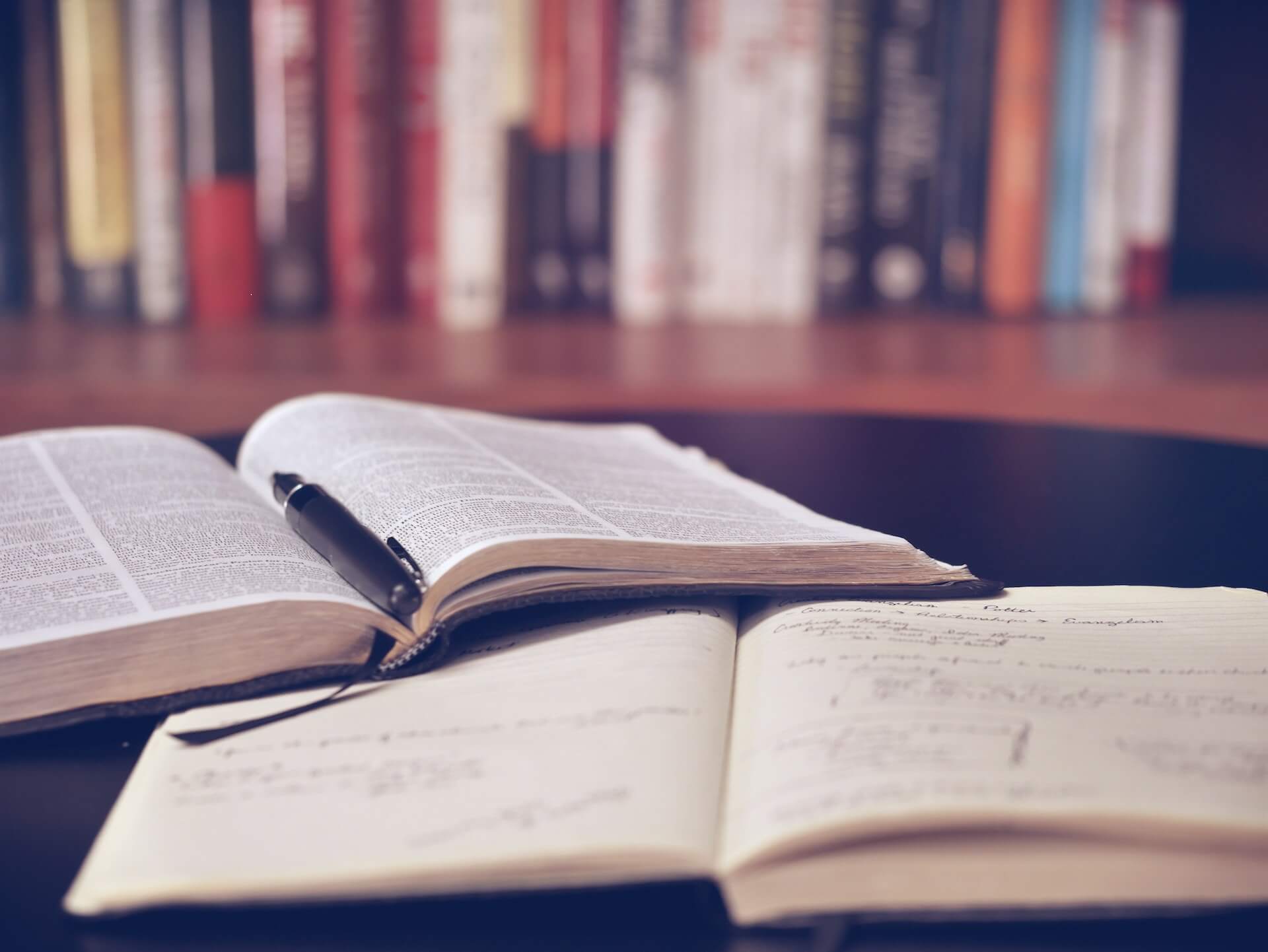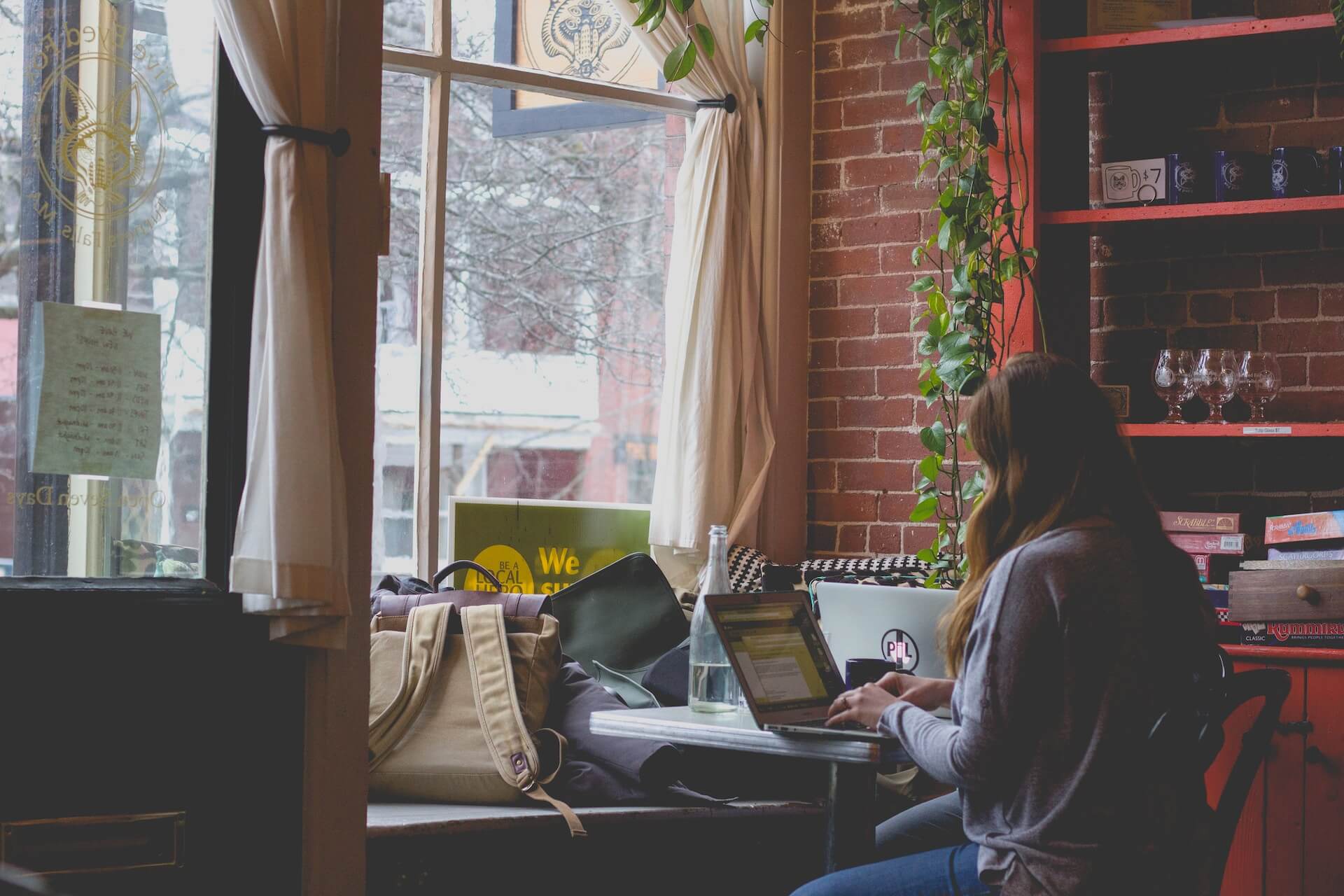How to learn any language
| Anki + Immersion |
I've been learning new languages for a long time now, and I went through quite a few different methods to understand what actually works and what doesn't.
Despite studying languages such as English or Japanese at school and University, the most progress I've made was by myself, by self-studying, but most of all
using methods and approaching language learning in a way that's completely different than what they teach you in school.
This guide is made up of 3 stages, which will take you (given enough time) from zero to fluent in any given language. Best of all, this method of language learning won't
be boring, won't feel like work, it'll be fun, instead.
It won't be a language-specific guide, instead, see it as a general framework, a collection of
methods and tools that can guide you towards success in language learning.

Stage 0: Acquisition
Before actually explaining an efficient language learning method, I think you need to understand how language is truly acquired,
and not learned. You can find plenty of resources online about it, but the gist of it is that studying a language from textbooks simply
doesn't work. It doesn't make you fluent. At most it makes you a beginner/intermediate at that language;
you might think you're fluent because you're biased (bias which is born from the fact that you're not at a high level of language skill so
you can/t properly judge your own level). Keep in mind that being “intermediate” is very far from actually being fluent.
You can easily test your level by checking any native content for your target language. Can you fully (or at least a good 80%) understand a movie without subtitles?
Can you read a book meant for adults without constantly looking up words?
So if textbooks don't work, what does? Immersion. If you think about your native language, how did you learn it? It wasn't magic, it wasn't because “as a baby you have a super brain which can learn any language
with no effort whatsoever (this is actually a myth, even though most people still think it's true)”, you learned it because your native language
was spoken around you all the time, 24/7, it was on every book, every sing, on every screen and so on.
Compare those 2-3 hours/week of language classes you took (or 2-3 hours/week of Duolingo or whatever other app), vs a baby
having thousands of hours (thousands) of practice every year. Is it starting to make sense now?
Plus, you're not a baby, you're an adult, you're way smarter than any baby on the planet and you can study and plan way more efficiently.
A language is acquired with input, comprehensible input.
Stage 1: Basics
Before starting the actual immersion, and the FUN part, you still need to do some boring but mandatory study, good news? It won't take long,
even for more time-consuming languages like Japanese or Chinese.
Whatever language it is you're trying to learn, you want to know the very basics of the writing system, and the grammar.
First, learn the alphabet (or alphabets) and the sounds of each letter used, this shouldn't take long. Then look for resources online
(you can find anything for free, you don't need to pay for X app or X guide, language learning is free) about basic
grammar for your target language, you don't need to go advanced or to memorise the grammar, simply read through the guide or
guides and try to understand the gist of it. You will obviously reference grammar guides a lot in the future/when immersing, but it's
not necessary now.
At this point you can either jump straight into immersion, or learn the most common vocabulary of your target language (about 500-800 words)
before going to the next stage.
All these steps are done so that your immersion is easier, and that you get as much comprehensible input as possible when immersing.
Keep in mind however that if you're starting from zero, at the beginning you won't understand most of what you're reading or listening to,
this is perfectly normal and you shouldn't be discouraged.
Stage 2: Immersion
Now it's time to get into the most important part of your language learning journey, it's time to immerse.
This is the stage that will take you the most time, and arguably it never ends to some degree, but it's also the most fun.
What do I mean by “Immersion”, exactly? I mean two things: reading and listening. Those are the two main skills you'll want to master
to truly excel in any language. What will you need? 1) Any reading material (books, articles, novel etc.) and any video/audio material
that you enjoy the most (is that Netflix tv show you like in the language you want to learn? Great, use that too)
2) Anki, a free open-source software.
It is key that you actually enjoy consuming those materials, otherwise language learning will feel like work, like a chore,
and chances are you'll quit at some point.

Getting things started
Now that you've chosen what material you're going to consume, well, it's time to consume it. I believe that reading is more important than listening,
but you shouldn't completely neglect listening. I would allocate 70% of your free time to reading, and 30% to listening.
Wait, you might ask, I barely know any words and basic grammar, is it really gonna help to start reading books or watching movies right off the bat?
Yes, it will help regardless of your level. Of course, at the very beginning, it's gonna be way harder compared to being already at an advanced level,
and you'll be very slow, but that's fine, as you progress you'll realise that you're improving by how easily you'll be able to read or consume content.
Reading: at the beginning you'll be reading incredibly slow, you'll constantly check out new words on the dictionary website/app and it won't
be easy at all. This is perfectly normal and the only thing you have to keep in mind is this: it will get easier.
As long as you read as much as you can, every single day, and you will do your Anki reps (see next paragraph) you will improve way faster than you think.
You can look online for resources aimed at beginners (for example, children books are great), if you feel like the materials you've chosen are too
advanced or too difficult, and as you improve you can gradually switch to read more difficult material.
Regarding grammar, the quick read of the basics you did in stage 1 won't be enough to cover all the grammar you will encounter, but since you already
have an idea of how grammar is structured in your target language, now you will simply look up every new grammar point you come across, and soon you'll remember
most of those points without having to search online or checking a dictionary.
Listening: although it might seem useless to listen or watch a movie without subtitles while NOT understanding anything at all, it actually isn't.
Even if you don't understand, your brain will slowly start to recognize sounds, and patterns. Our brains are amazing at recognizing patterns.
After a while, you'll start to recognize words you've learnt while reading, and your overall comprehension will slowly improve.
Again, this takes time, and the more you do it, the faster you'll improve.
Anki: if you have no idea what Anki is or how it works, I recommend reading this guide, or any of the multiple
guides you can find online: it's going to be a crucial tool in your language learning journey. Can you learn a language without Anki? Of course,
however, Anki is gonna make the whole process faster and more efficient.
What you want to do with Anki is to create your own custom deck, instead of using a pre-made deck. You're going to build your own by simply
adding every new word you come across during your immersion. Just one word/vocabulary, with the definition on the back of the card, along with an image,
screenshot and/or sound.
You can also make these vocabulary cards with just the definition, however if you have an image of that particular scene you
learned the word from, or even the original sound, you'll be remembering that word with less effort and more efficiently.
By doing this, you'll be studying and reviewing all the new words you come across during your immersion, so not only you'll learn new words but
you'll remember them too.
Stage 3: Polishing
By this point you should be well on your way to fluency. You're reading, learning new words and possibly grammar every day,
reviewing what you learn with Anki, and you're also training your ear to your target language. By doing this every single day,
it won't be long until you notice significant improvements. The best part is that you're doing all of this by consuming
content that you enjoy, not by studying boring textbooks or doing pointless exercises.
All that's left now is to polish your language knowledge and skill, and to start doing output. This is another shocker,
but you don't need to practice speaking all the time when you're a beginner to get good at speaking. How can you speak properly if
you don't even know how to read half of the most common words? If you don't even know what they mean? Sure,
you can speak, but you'll sound like a 3-year-old struggling to formulate any logical discourse. This is why I don't recommend practicing
output (which can be spoken or written) until this late into your studies and immersion.
On top of starting to output, you can also pay someone (ideally, a native speaker of the language you're learning) to correct
you while you do so. Again, it doesn't make much sense to do this in the beginning.
Lastly, another way of polishing your language skills I found is the so-called “Shadowing”, that is, listening to someone
speak your target language and then trying to repeat from memory what he just said, right after he said.
This is also useful for pronunciation and pitch accent, if you want to improve on those.
That's about it, really. Learning and mastering a new language isn't anything complicated, you just need a good and
efficient method, and then the discipline to follow the routine every day. As you improve, you might want to consider which
are your weakest points, and focus more on those, for example if you see that your reading skill is lagging behind,
or not as good as you'd hope, you should focus on reading more. Even a small reading session of only 20 or 30 minutes a day can
make a big difference in the long run.